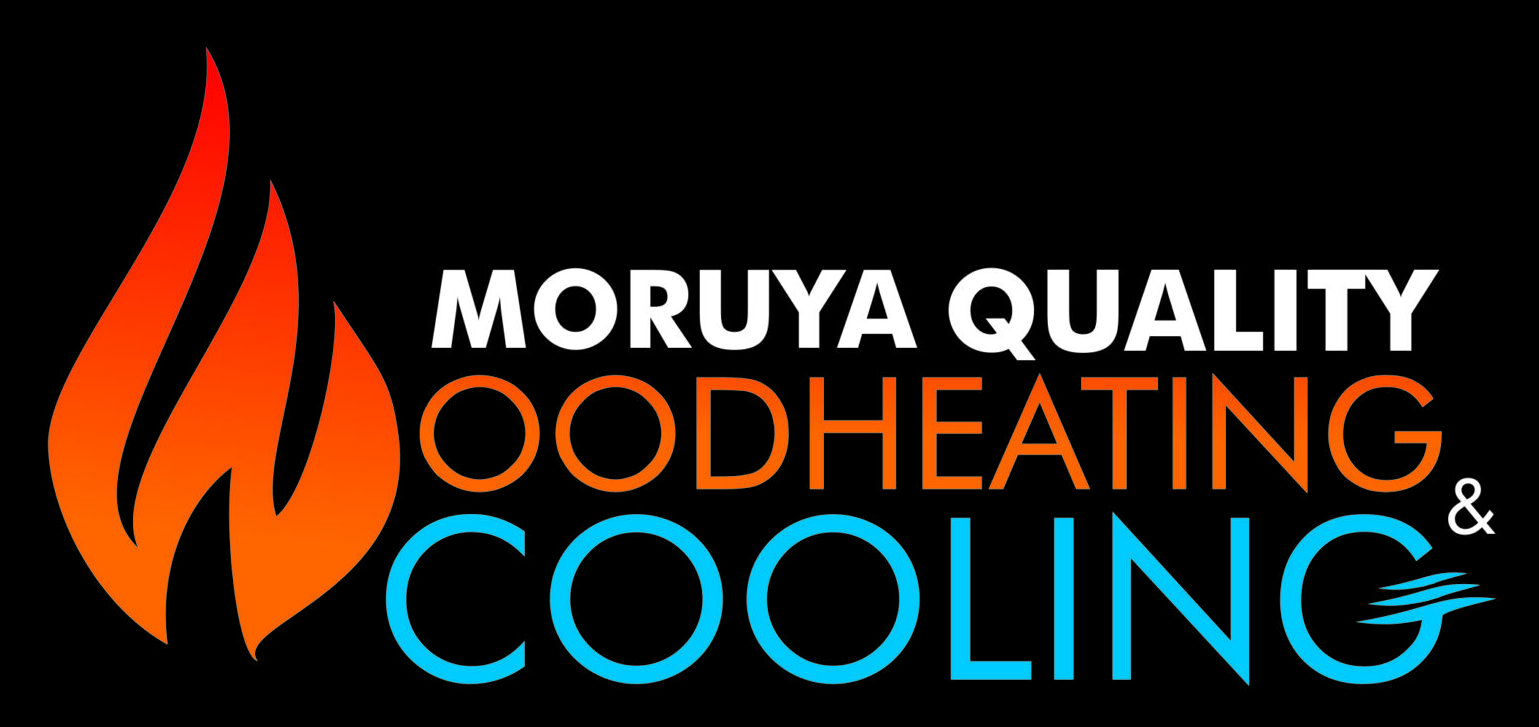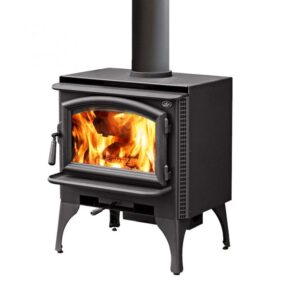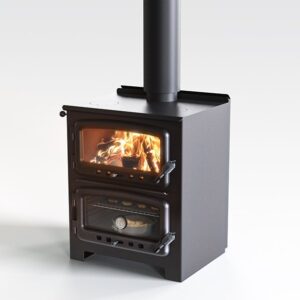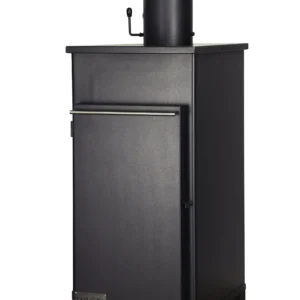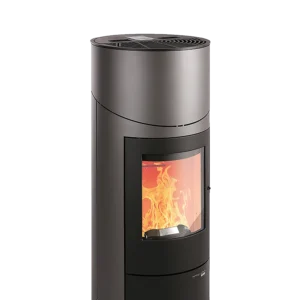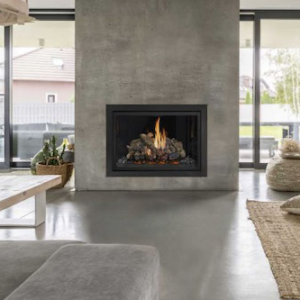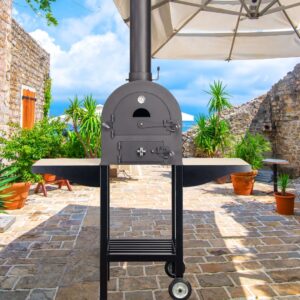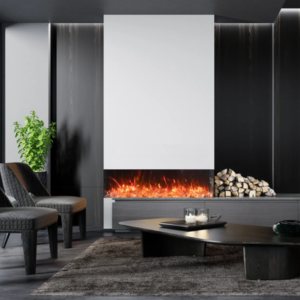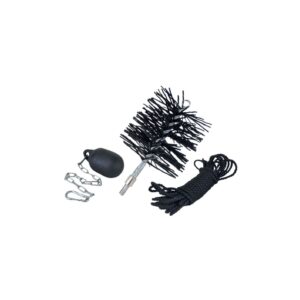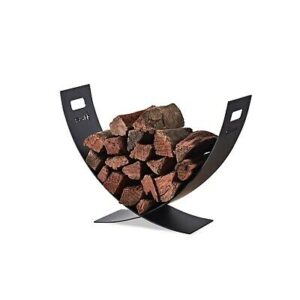Check out our Range of Products
Brochure Downloads
Click on any brand icon to download the brochure.
Radiant Vs Convection
Radiating heaters, like the sun, emit heat that spreads throughout the room, creating a cozy and comfortable environment. On the other hand, convection heaters, when combined with a fan, efficiently distribute warmth to all parts of the house, ensuring a consistent and even temperature throughout. Whether you prefer the focused heat of a radiating heater or the comprehensive coverage of a convection heater, we have a wide selection of both options to suit your specific heating needs.
Frequently Asked Questions
Explore the FAQs below to find answers to common inquiries about Moruya Heating and Cooling, their products, services, and expertise.
